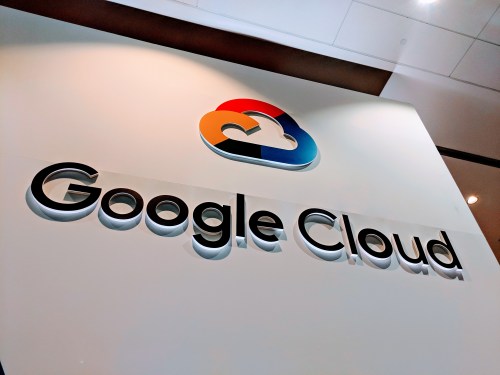AI Revolutionizes Music Production with Google’s Latest Innovations

On a recent Wednesday, Google made significant strides in the generative AI landscape, unveiling enhancements to its Vertex AI cloud platform, which provides cutting-edge tools for creative media. Among these advancements is Lyria, Google’s innovative text-to-music model, which is now available in a preview version for selected users. This model enables customers to craft unique musical compositions across various styles and genres, from soothing jazzy piano pieces to trendy lo-fi beats, positioning it as a competitor to conventional royalty-free music libraries.
Additionally, Google announced enhancements to its Veo 2 video creation model, which now includes advanced editing features and customizable visual effects. This tool allows for the removal of background elements and logo overlays in existing videos, as well as the modification of camera angles and pacing—capabilities that offer creators new dimensions in video storytelling.
Further reinforcing its generative AI suite, Google introduced a voice cloning feature powered by Chirp 3, an audio understanding model that promises to clone voices with astonishing accuracy using just a brief audio sample of about 10 seconds. This functionality is now generally available and includes a new tool called Transcription with Diarization, enabling the identification of individual speakers in recordings—a boon for content creators and journalists alike.
To ensure responsible use, Google has instituted a thorough diligence process for its Instant Custom Voice feature to verify that users have the necessary permissions for voice cloning. This focus on ethical use reflects the larger conversation surrounding AI and copyright, particularly as many companies rely on copyrighted material without explicit consent. Google maintains that its models have built-in safeguards against generating harmful content, yet the opaque nature of AI training data continues to spark discussions about intellectual property rights.
The updates coincided with Cloud Next, demonstrating Google’s ongoing commitment to carve out a significant share of the enterprise market for generative AI solutions. Competing directly with Amazon’s Bedrock cloud AI platform, Google is keen on positioning its offerings as essential tools for modern creators.
As for Imagen 3, its image generation model has also received upgrades, boasting a remarkable improvement in handling complex image tasks such as reconstructing damaged areas and removing unwanted elements. All media generated through Google’s models—except for Chirp—will carry a watermark via SynthID technology, illustrating the company’s commitment to transparency and attribution.
In an era where the fusion of creativity and technology shapes the future of content creation, Google’s recent developments spotlight the rapid evolution unfolding in AI. These innovations not only cater to creators across industries but also aim to redefine the standard of what’s possible in digital media creation.
